In this article, you’re going to learn about SAM-e and alcohol withdrawal treatment. The use of SAM-e for recovery is a topic that I learned about relatively late in my own transformation. I did not know what it was until over three years after I quit drinking! Looking back, I wish that I had incorporated it into my own supplement regimen, or at least given it a try.
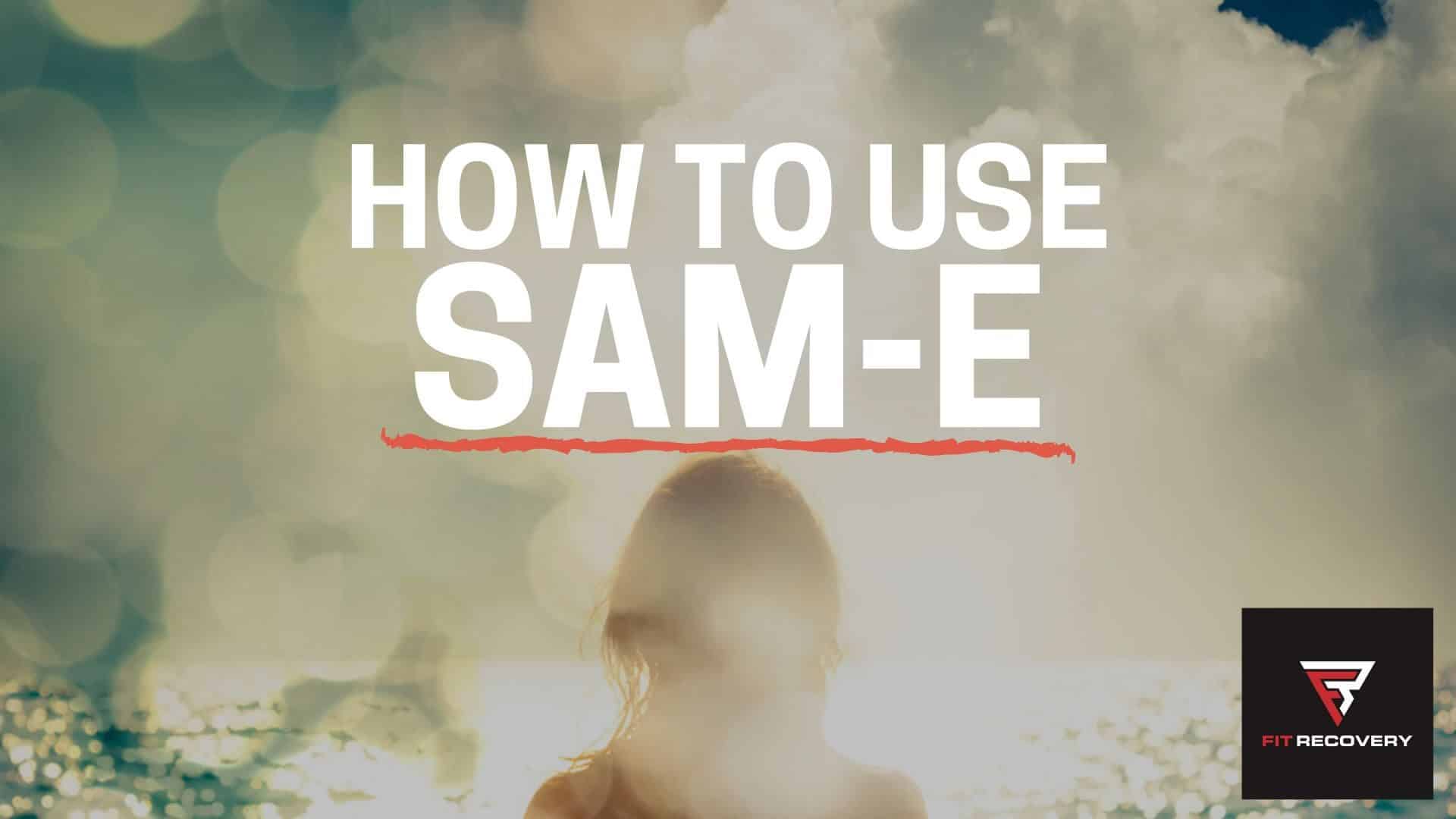
Here are some phrases commonly searched on the net:
- “sam-e and alcohol”
- “sam e alcohol”
- “sam e alcohol”
- “can you drink alcohol while taking sam-e”
- “sam-e withdrawal”
I decided to research after hearing great things from some of my private coaching clients. Some of them felt hopeless until they found compound, which revitalized their mood almost overnight.
As with any supplement, not everyone responds the same way. But that is part of the beauty of nutritional repair: It is an individual journey that involves trial, error, and massive upside potential.
As we will see, it offers some powerful benefits for people struggling with depression after quitting. I definitely experienced depression, on and off, for many months after I quit drinking. Fortunately, I was able to resolve my own symptoms by using other supplements discussed on this website.
In this article, we will explore the mechanism of action behind this compound for recovery. We will then proceed to cover relevant research, dosage guidelines, and some further considerations.
Overview of SAM-e
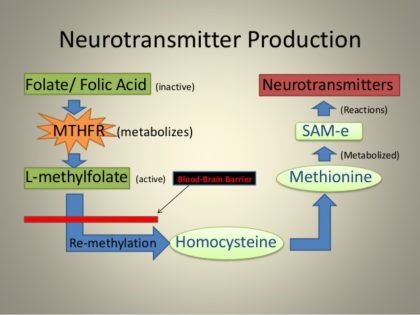
All of our bodies contain SAM-e (S-Adenosylmethionine), which is a natural compound involved in producing hormones and neurotransmitters.
Over the past decade, emerging research has connected this deficiency with several health problems. As a dietary supplement, it is often used to relieve the following issues:
- Depression
- Anxiety
- Fibromyalgia
- Arthritis
- Liver Disease
SAM-e is involved in over 35 biochemical processes in the body. It helps to regulate hormones and neurotransmitters and even facilitates the maintenance of cell membranes.
In particular, this supplementation is known to increase the natural production of serotonin.
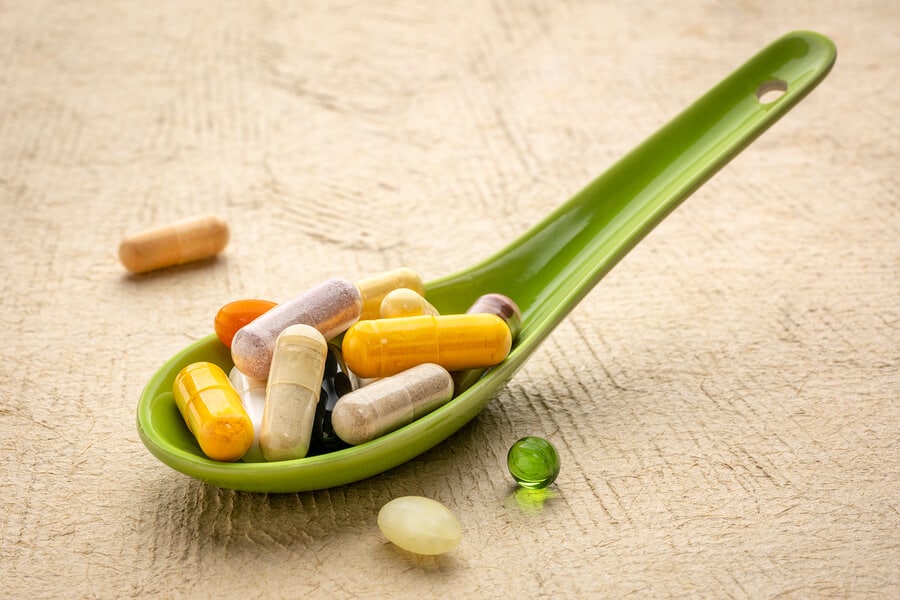
This compound has proven to be as effective as some antidepressants for people suffering from clinical depression. In addition to boosting serotonin levels, it also increases levels of dopamine and norepinephrine.
As we will discuss, withdrawal results largely from the depletion of these natural brain chemicals. Supplementation can therefore help to alleviate the symptoms of protracted alcohol withdrawal.
How SAM-e Works For Recovery
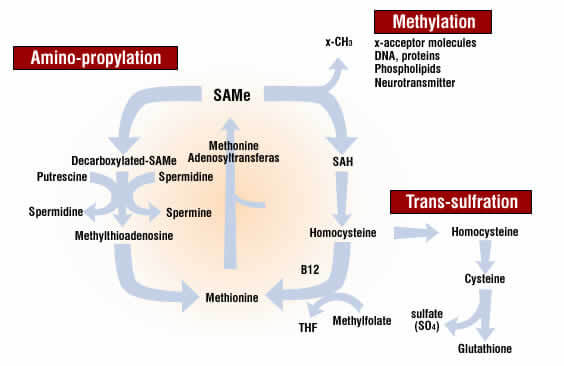
This compound is produced in the liver from an amino acid called methionine, which is found naturally foods like beef, eggs, and cheese. SAM-e is a cofactor for a cellular process called methylation. To make a long story short, methylation occurs throughout the body and is absolutely critical for the maintenance of health on a cellular level.
As you can see in the chart above, this is a precursor for glutathione, which is a very powerful antioxidant produced in the liver. Increasing glutathione levels can help to restore liver function during recovery.
Even more importantly, adequate levels of this compound are required for the last steps in the production of three important neurotransmitters:
- Serotonin – Associated with feelings of confidence and relaxation
- Dopamine – Associated with reward, motivation, and learning
- Norepinephrine – Associated with arousal and memory (aka adrenaline)
Most drinkers subjectively understand the importance of these neurotransmitters. We feel giddy, blissful, or invincible while alcohol causes its (temporary) cascade of artificial neurotransmitter boosts.
What heavy drinkers fail to realize is that chronic drinking actually depletes the natural production of these neurotransmitters over time.
This is because our brains are highly adaptable. They accommodate the regular presence of alcohol by turning the dial down on the production of our natural feel-good brain chemicals.
Giddiness turns to dread, bliss gives way to panic, and the veneer of invincibility wears off. Alcohol begins to seem like the only remedy for our new baseline states of dreadful panic or morose, low-energy brooding.
For chronic drinkers, quitting is insufficient to restore proper neurotransmitter function. This is one of many supplements that can help individuals to regain their sense of well-being naturally after quitting.
In the proper dosage (more on this below), it can provide instant relief from symptoms of post-acute withdrawal. It is gentle enough to be consumed daily for a few weeks or months at a time.
With all of this said, SAM-e is not suitable for mitigating severe cases of withdrawal. If you are experiencing hallucinations or seizures, your best bet is to get professional care immediately. Because withdrawal complications involve severe imbalances in GABA and glutamate activity, a doctor will likely prescribe a benzodiazepine such as Ativan.
After detox, supplementing with compounds can be very helpful for bringing your recovery to the next level.
Note: Because this compound increases natural levels of serotonin significantly, it should not be taken with SSRI antidepressants except under a doctor’s supervision.
Research
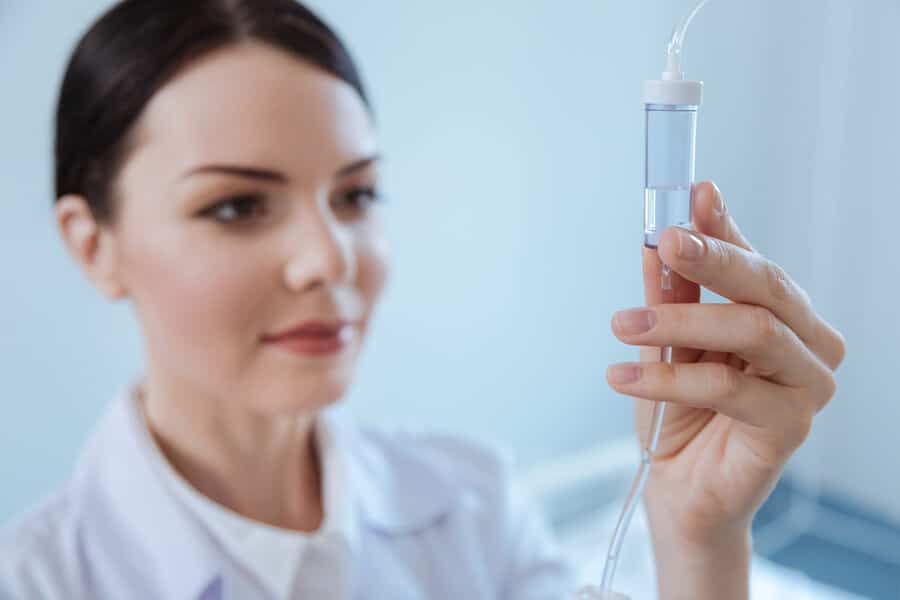
Research supports the use of this compound for many symptoms involved in protracted alcohol withdrawal:
- Significantly reduces symptoms of depression, with scientists calling for further investigation. (source)
- Clinical trials have shown that SAM-e is as effective as prescription antidepressants, with fewer side effects. This makes a good option if withdrawal is causing depression. (source)
- In addition to its antidepressant effects, it is very safe at recommended dosages because it is an essential amino acid. (source)
- In treating alcoholic liver injury, SAM-e can attenuate the pain and effects caused by alcohol and other hepatotoxins. (source)
- Offers promise for treating alcoholic liver disease because it is a precursor for glutathione, an antioxidant produced in the liver. (source)
Because it may help to alleviate depression and restore liver health, further research should be conducted.
Dosage
If you have recently quit drinking, 800-1600 mg per day of a high-quality supplement may help to alleviate the depression and sluggish liver that often accompany protracted withdrawal.
However, because I am cautious with supplements I have not taken before, I would personally start with 200 mg. Many people have begun to feel noticeably better after using this smaller dosage.
I would therefore start with Nature Made SAM-e 200mg Tablets.
If I responded well to 200mg (or if I felt nothing), I would increase the dosage until I reached the optimal level. The reviews on Amazon for this product indicate that a dosage of 200mg is effective for many people.
It has a short half-life, meaning that its effects are noticeable within minutes and last for only a few hours after each dose.
Too much prior to bedtime can cause insomnia because it generally increases energy levels, due to its restoration of the body’s supply of norepinephrine (an energy-promoting neurotransmitter).
Further Considerations
If I were trying to beat addiction all over again, I would take this compound along with other natural supplements to repair my body and brain from alcohol damage.
The right blend of supplements can act synergistically with each other. For example, SAM-e requires vitamin B12 and folate to be utilized properly by the body. It therefore makes sense to take it along with extra B-vitamins.
CBD oil is also worth mentioning as one of the more exciting supplements for recovery, due to emerging research on CBD’s ability to reduce inflammation throughout the body.
As always, please consult with your doctor before beginning new supplements or lifestyle changes.
Conclusion
I hope that you’ve enjoyed this article. I will continue to be on the lookout for new supplements that hold promise for enhancing recovery.
My drinking days are long gone, and now I live an exciting lifestyle that revolves in large part around optimizing my body and brain.
There is a definite learning curve here. I know that trial and error with supplementation can be frustrating. If you’ve recently quit drinking, frame early recovery as your own individual journey and enjoy the ride.
In the meantime, be sure to optimize your own lifestyle by integrating some serotonin-enhancing lifestyle strategies into your daily routine:
- Work out daily
- Get better sleep
- Clean up your diet
- Meditate each morning
- Improve your posture (this works!)
If you have any questions, use for withdrawal, or anything else, please leave them in the comment box below.

Authors
-
Chris Scott founded Fit Recovery in 2014 to help people from around the world dominate alcohol dependence and rebuild their lives from scratch. A former investment banker, he recovered from alcohol dependence using cutting-edge methods that integrate nutrition, physiology, and behavioral change. Today, Chris is an Alcohol Recovery Coach and the creator of an online course called Total Alcohol Recovery 2.0.
View all posts -
Dr. Rebeca Eriksen is the Nutritional Consultant for Fit Recovery. She has a PhD in Nutritional Genetics from Imperial College London, and over ten years of clinical experience designing custom nutritional repair regimens for patients recovering from alcohol addiction. In addition to her work at the exclusive Executive Health clinic in Marbella, Spain, she helps to keep Fit Recovery up to date with emerging research.
View all posts


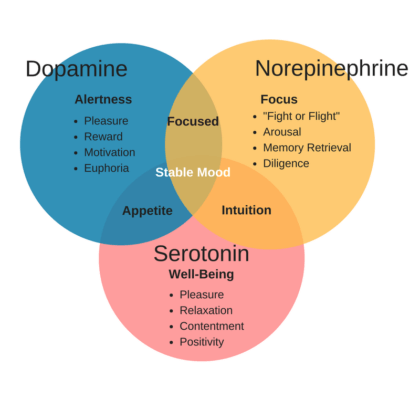





I really appreciate this article I’m trying to do everything nAtural quitting as I’ve been on anti depressants before and am not looking to ever go back. Once I get through these withdrawals I’m never going back to alcohol.
Awesome Rickey, thanks for sharing and keep it up!
Great article with a substantial amount of information! I see that WebMD, Mental Health America, and other mental health advocacy groups are working together to provide information to physicians regarding the benefits SAM-e has over prescription drugs. Along with articles such as yours, this will help consumers be better at educating themselves on treatment options not only for alcohol recovery but a multitude of other disorders prescribed medications are used for.
Thank you for your insight and I look forward to more information on SAM-e from you.
Elizabeth
Thanks for the kind words Elizabeth!
Very interesting article. Well explained on how the supplement works and its benefits. I have some close people struggling with depression after quiting drinking who could really benefit from this product. I will share this article with them and encourage them to try the product.
Thank you!
Glad you enjoyed it Lizza!
Woow! Great article!!
Thank you Belen!
I have a question – is your Total Recovery 2.0 course the same as “Drinking Sucks?” I only have a limited amount of money. Which course would you recommend? I am thinking the 2.0.
Thank you,
Hi Janet! Drinking Sucks! is a ~100 page eBook based on my experience and research, covering a broad number of topics in a short space. There is a 30 Day Plan at the end of it that helps many people.
Total Alcohol Recovery 2.0 is an online course that provides more depth of information, especially about supplementation. It contains discussion forums, in which I respond to everyone’s ongoing questions individually, and nearly four hours’ worth of video presentations.
Hope this helps – and best of luck to you!